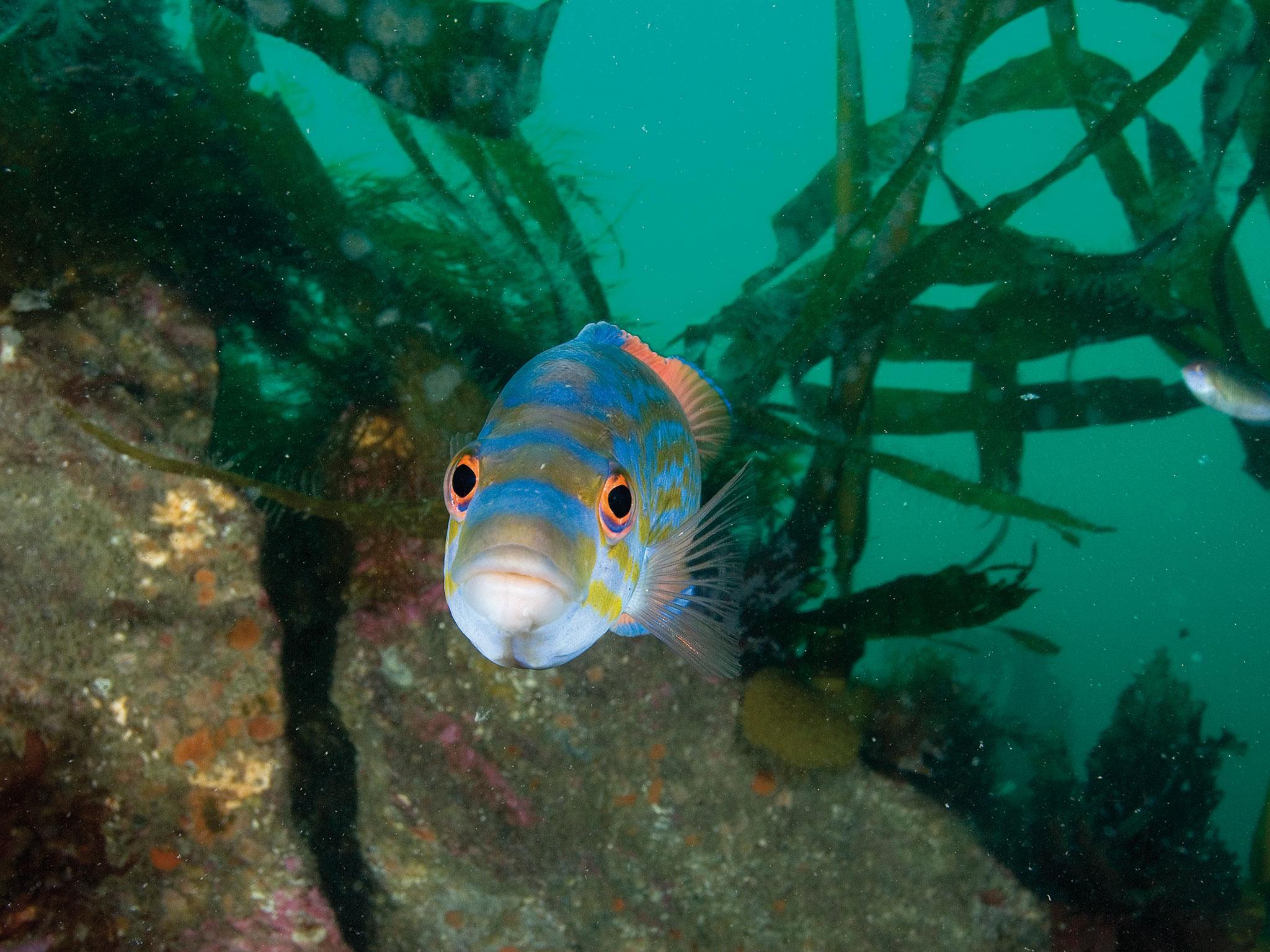'Bluebelt' should be created around coast to protect marine life, say conservationists
'If the Government lives up to its stated commitments, such a network would put us at the forefront of worldwide marine conservation'

Your support helps us to tell the story
From reproductive rights to climate change to Big Tech, The Independent is on the ground when the story is developing. Whether it's investigating the financials of Elon Musk's pro-Trump PAC or producing our latest documentary, 'The A Word', which shines a light on the American women fighting for reproductive rights, we know how important it is to parse out the facts from the messaging.
At such a critical moment in US history, we need reporters on the ground. Your donation allows us to keep sending journalists to speak to both sides of the story.
The Independent is trusted by Americans across the entire political spectrum. And unlike many other quality news outlets, we choose not to lock Americans out of our reporting and analysis with paywalls. We believe quality journalism should be available to everyone, paid for by those who can afford it.
Your support makes all the difference.Nearly 50 areas of the sea should be given official protection to establish a ‘bluebelt’ around England and Wales, safeguarding some of the most special marine habitats and species, conservationists have said.
The Government has already created 50 such conservation zones, but in a new report The Wildlife Trusts called for another 48 to be set up to establish a “really comprehensive network” that would help marine life to flourish.
These provide different levels of protection depending on what is precious in each area. For example, trawling or dredging could be banned to preserve a particularly valuable sea bed.
But the measures could be as simple as banning anchoring on a field of sea grass but putting in a buoy that boats could tie up to instead.
Joan Edwards, The Wildlife Trusts’ head of living seas, said: “This is an unprecedented opportunity to create an effective network of protected areas at sea.
“If the government lives up to its stated commitments, such a network would put us at the forefront of worldwide marine conservation.
“Designating these 48 wild havens in England as marine conservation zones would go some way to guaranteeing a future for the extraordinarily diverse natural landscapes that exist beneath the waves off our coast.”
She said the initial 50 zones “unfortunately” did not provide “the really comprehensive network needed to enable marine wildlife to thrive once more”.
“We need a sensible number, in the best locations and with the right degree of connectivity between areas,” Ms Edwards said.
“We hope that the Government will aim high and hit the 48 mark for this last phase.
“We know that the public support a strong ecologically coherent network of protected areas at sea and we want the Government to be as ambitious as possible in order to restore decades of decline in the health of our seas and enable recovery in future.”
The Wildlife Trusts said the bluebelt would help protect creatures such as the ocean quahog, a clam that can live for up to 500 years, two species of seahorse, and preserve important habitats such as deep sea mud that is full of burrowing animals such as sea pens.
A Defra spokesperson said: “We are committed to protecting our oceans and sea life.
“That is why we have safeguarded almost 8,000 miles of English coastline and are now considering a third tranche of marine conservation zones.”
Join our commenting forum
Join thought-provoking conversations, follow other Independent readers and see their replies
Comments